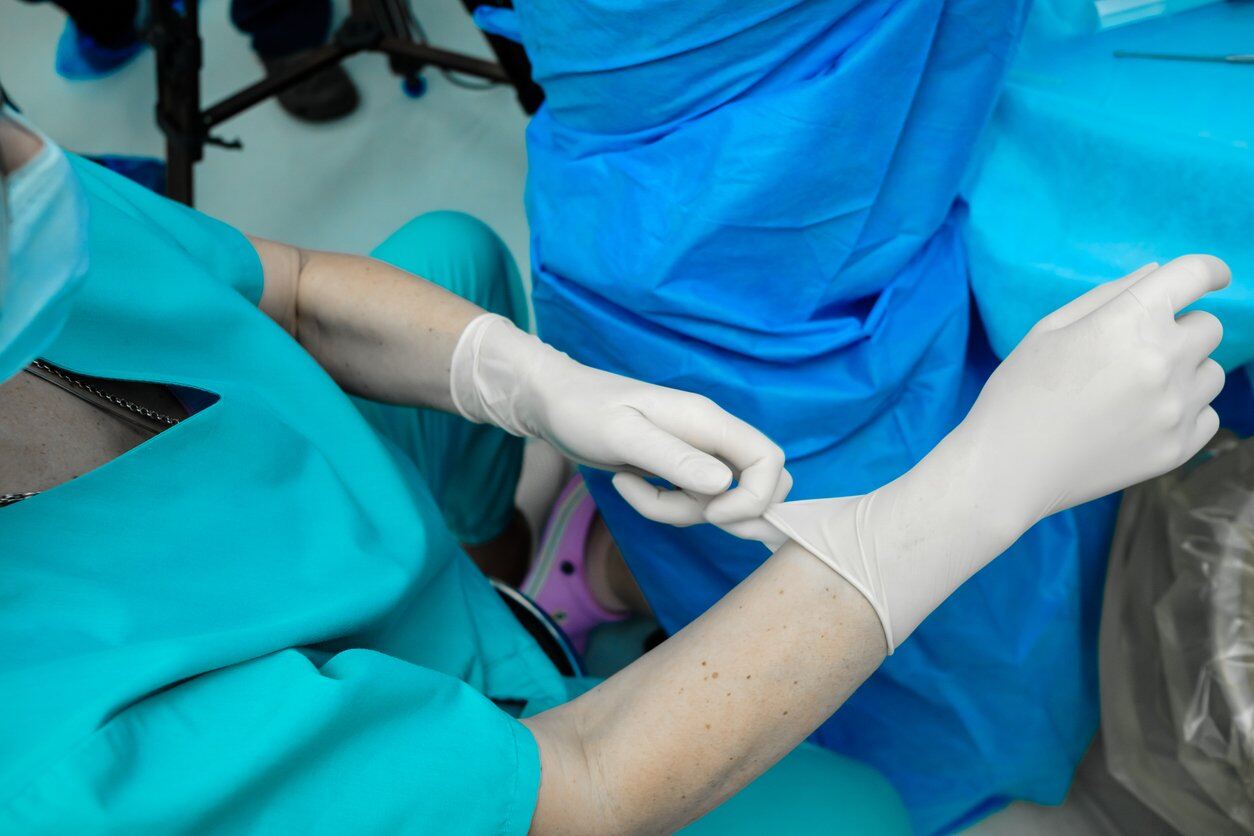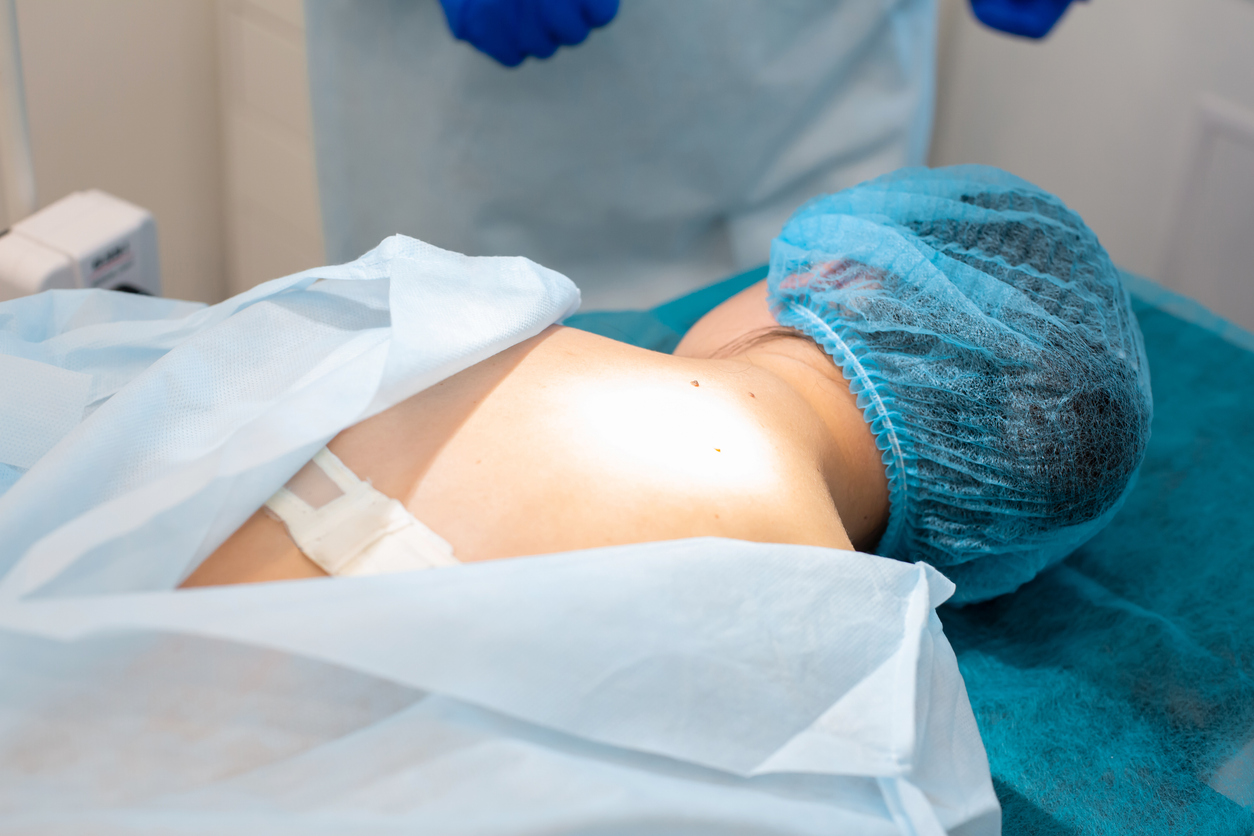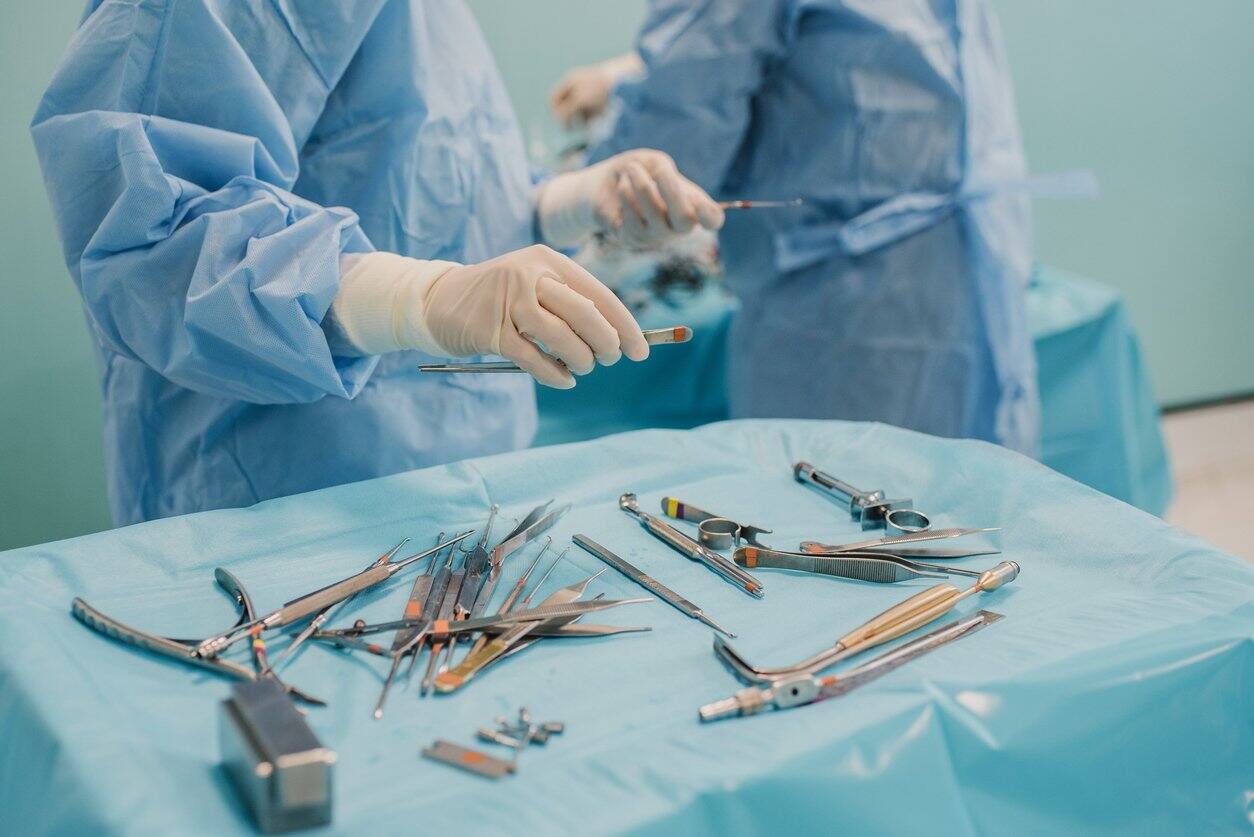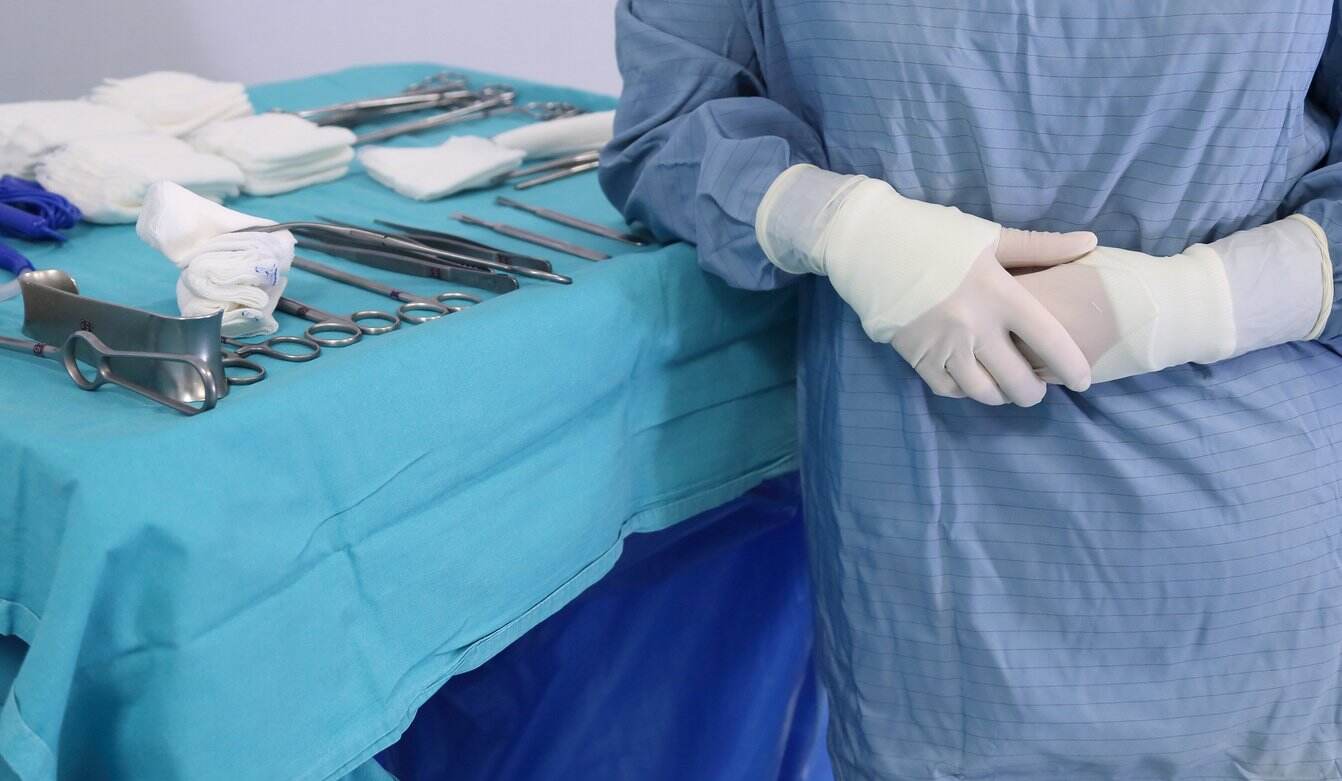A pilonidal cyst is a pocket or sac filled with hair, skin debris, and other substances that forms at the base of the tailbone (coccyx) near the top of the buttocks. This condition is more common in men than women and usually develops between the ages of 16 and 26. Pilonidal cysts can cause discomfort and pain, especially when sitting or standing for long periods of time. In severe cases, they can lead to abscesses or infections that require medical treatment.
Pilonidal Cyst Infection
While not all pilonidal cysts are infected, it is critical to understand the symptoms of infection in order to seek appropriate treatment. Here are some common indications of a pilonidal cyst infection:
- When a pilonidal cyst becomes infected, it can cause pain and swelling in the surrounding area. Tenderness and redness may accompany the pain, which can be constant or intermittent.
- Drainage: Pilonidal cysts that are infected can produce a foul-smelling discharge that is thick and yellowish in color. This indicates that the cyst is secreting pus or other fluids.
- Fever is a common indicator of infection, including pilonidal cyst infection. A fever may indicate that the infection has spread beyond the cyst and into the bloodstream.
- When a pilonidal cyst becomes infected, the surrounding tissue can become warm to the touch. This is because of increased blood flow to the area as a result of the infection.
- Difficulty sitting: Due to pain and discomfort, infected pilonidal cysts can make it difficult to sit or lie down comfortably. This can have an impact on your daily activities and quality of life.
If you notice any of these symptoms, you should seek medical attention right away. If left untreated, an infected pilonidal cyst can cause serious complications such as the formation of abscesses and the spread of infection to other parts of the body. Your doctor may prescribe antibiotics to treat the infection, as well as cyst drainage to remove infected material. In some cases, surgery may be required to completely remove the cyst.
If you have pain, swelling, drainage, fever, or difficulty sitting in the area of a pilonidal cyst, it is possible that it is infected. Don’t put off seeking medical attention; prompt treatment can help prevent complications and return you to your best health.
If you suspect that your pilonidal cyst is infected, seek medical attention immediately. Antibiotics may be prescribed by your doctor to help fight the infection. In some cases, your doctor may advise you to drain the cyst in order to remove the pus and bacteria. This procedure is usually performed under local anesthesia in the doctor’s office.
Pilonidal Cyst Infection Prevention
It is critical to prevent pilonidal cyst infections in order to manage the condition and avoid complications. Here are some additional prevention tips for pilonidal cyst infections:
- Keep the area clean: Keeping the area clean is one of the most important things you can do to prevent pilonidal cyst infections. This entails thoroughly washing the area with soap and water at least once a day. A mild antiseptic solution can also be used to help keep the area clean and reduce the risk of infection.
- Keep the area as dry as possible: Moisture can make pilonidal cysts more susceptible to infection, so keep the area as dry as possible. After washing, gently pat the area dry with a clean, dry towel. If you sweat a lot, you should use talc-free powder to help absorb excess moisture.
- Wearing tight clothing, such as tight pants or underwear, can increase the risk of friction and irritation around the cyst, leading to infection. Instead, wear loose-fitting clothing that will not rub against the affected area.
- Sitting for extended periods of time can put pressure on the cyst and cause it to become inflamed, which can lead to infection. If your job requires you to sit for long periods of time, try standing up and stretching frequently.
- Keep your hair trimmed: Hair can accumulate in the area surrounding the cyst, increasing the risk of infection. This risk can be reduced by keeping the area trimmed or shaved.
- Follow your doctor’s wound care instructions: If you’ve had a pilonidal cyst drained or surgically removed, it’s critical that you follow your doctor’s wound care instructions. This could include keeping the area clean and dry, changing dressings on a regular basis, and avoiding activities that could put strain on the wound.
You can help prevent pilonidal cyst infections and lower your risk of complications by following these tips. It is also critical to see your doctor on a regular basis to monitor the cyst and ensure that it is being managed properly. You can keep your pilonidal cyst under control and avoid the discomfort and inconvenience of infections with the right care and attention.
If you have recurring pilonidal cyst infections, you should consult with a pilonidal cyst specialist. These doctors have received specialized training and expertise in the treatment of pilonidal cysts and can provide you with the best care possible. You can get a referral from your primary care physician or search online for doctors in your area to find a pilonidal cyst specialist near you.
In addition to good hygiene and medical treatment, you can reduce your risk of pilonidal cyst infections by making some lifestyle changes. Maintaining a healthy weight and staying physically active can aid in the prevention of cyst formation. A well-balanced diet high in fruits, vegetables, and lean protein can also help support your immune system and lower your risk of infection.
Pilonidal cyst infections can be painful and uncomfortable, but with proper care, they can be avoided and treated. Seek medical attention right away if you suspect your cyst is infected. If you have recurring infections, practice good hygiene and consult with a pilonidal cyst specialist. You can keep your pilonidal cyst under control and live a comfortable, healthy life with the right care and attention.
Pilonidal Cyst Specialist Near Me
If you or a loved one is experiencing discomfort, pain, or recurring infections as a result of pilonidal cyst infection, it’s time to act and seek professional assistance. We specialize in the diagnosis, treatment, and management of pilonidal cysts at Pilonidal Expert. Our experienced team of physicians, surgeons, and healthcare professionals can provide you with the best care and support possible.
Do not let pilonidal cysts rule your life. If you have a pilonidal cyst infection, make an appointment with one of our specialists by contacting a Pilonidal Expert today. We provide compassionate, personalized care that is tailored to your specific needs and goals. Allow us to assist you in managing your pilonidal cysts and getting back to living your life to the fullest. To learn more, please contact us or visit our website.
Specialties
Recent Pilonidal Q&A
OFFICE HOURS
Monday – Friday
9:00 AM – 5:00 PM







